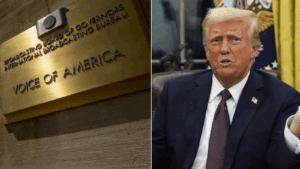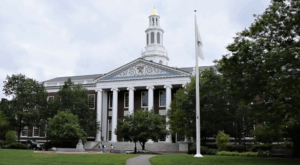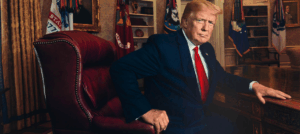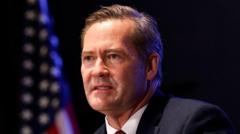Harvard University and over 400 other universities recently declared their opposition to government interference in higher education, marking a significant shift in their stance against the Trump administration's political maneuvering. Meanwhile, major law firms are joining lawsuits to protect their independence.
Universities and Law Firms Take Stand Against Trump's Political Pressure

Universities and Law Firms Take Stand Against Trump's Political Pressure
A growing coalition of educational institutions and legal firms unite to resist the Trump administration's efforts to exert control over their autonomy, reflecting a shift in the dynamics of their relationships.
In a striking turn of events, several high-profile American universities and law firms are finding themselves at a crossroads amidst escalating political tension from the Trump administration. Initially faced with a profound "prisoner's dilemma," these institutions confronted choices that would significantly affect their autonomy. The administration's campaign, targeting those that practiced "woke" policies or expressed political dissent, forced many to consider compromises to safeguard themselves against retaliation.
Columbia University was among the first to negotiate with the White House, a move mirrored by numerous major law firms. In contrast, the dynamics began to shift when Harvard University broke ranks last month, boldly declaring its refusal to comply with what it termed "illegal" demands from the government. This courageous stance catalyzed a wave of solidarity among more than 400 university leaders, who collectively condemned the government’s intrusion into higher education.
As the unity among academic institutions grew, major law firms took action by filing lawsuits against the administration's executive orders, successfully securing temporary injunctions that blocked certain demands. In an emblematic response to the pressure tactics being employed, Microsoft recently severed ties with a law firm that aligned with the administration and opted to partner with dissenting firms.
The evolving scenario illustrates a significant realignment in the relationships between powerful educational institutions and legal firms facing political pressure, highlighting the precarious balance of power in an increasingly contentious political landscape.






















